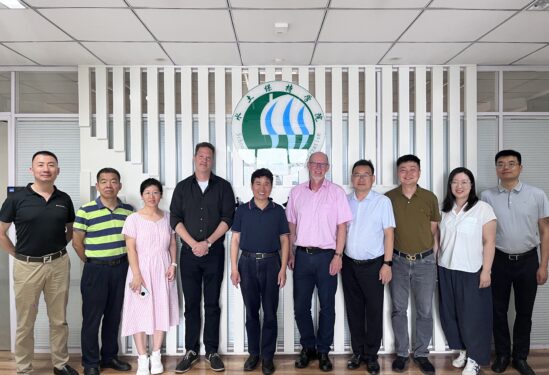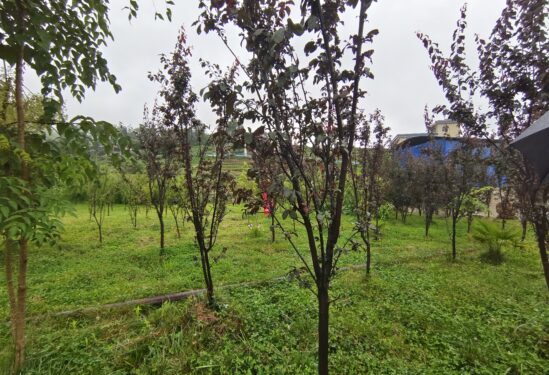Concern and Focus
Hard coal and lignite are the most abundant fossil fuels worldwide and a significant source of economic activities and prosperity – since 150 years of industrial mining. For example, even in Germany, it still makes up about 25% of electricity generation, and in the neighboring Poland and other EU member states hardly 50-70%. However, the global Green Deal picks up speed and now sets the pathway for the transformation towards a low carbon (or even climate-neutral) economy. In fact, the most important task for mankind is a fundamental paradigm shift with far-reaching technological, economic and social challenges, conflicts, and distortions.
In this context, a major field of action is the scheduled reclamation or revegetation of abandoned coal mine sites and other underutilized, marginal, and otherwise low-yielding land. All the more, the addressed regions, authorities, and companies of both countries need effective, adequate, and binding roadmaps for a sustainable, climate-friendly follow-up use, including innovative land-use forms like efficient photovoltaic or wind energy systems, low-input energy cropping or agroforestry.
Project activities focus on Chinese and German coal mining regions. Nevertheless, one of our target areas is also the Eastern German Lignite District (Lusatia), looking back on more than 100 years of agricultural and forest reclamation. At this point, Lusatia is going ahead and, per se, a good example in Europe.
Framework, Project Tasks and Outcome
The project will identify, analyze and orchestrate best practice examples of land conversion especially in specific coal-intensive regions in China and Germany with long mining, generation, and coal refinement history. A technical report (handbook – hardcover and digital) will give a general overview of pressing environmental issues and methods. It results in best practice reclamation, post-mining landscape design, and the appropriate follow-up use, depending on the local site conditions. The basic idea is to support stakeholders, especially in China, to design or redesign their strategies for land reclamation and sustainable management due to market-driven trends and environmental policies.
The project is building a bridge for exchanging technical know-how, basic methodical knowledge, and field experience, cooperating with stakeholders and building a network in both countries to foster cooperation among coal regions in transition. The results and best practice examples will be presented and discussed in 2 bilateral workshops or conferences in 2024 (digital) and 2025 (on-site in a specific mining region). During a first fact finding mission in 2023 we could visit mining and reclamation sites and meet experts of academic institutions and engineering companies.


